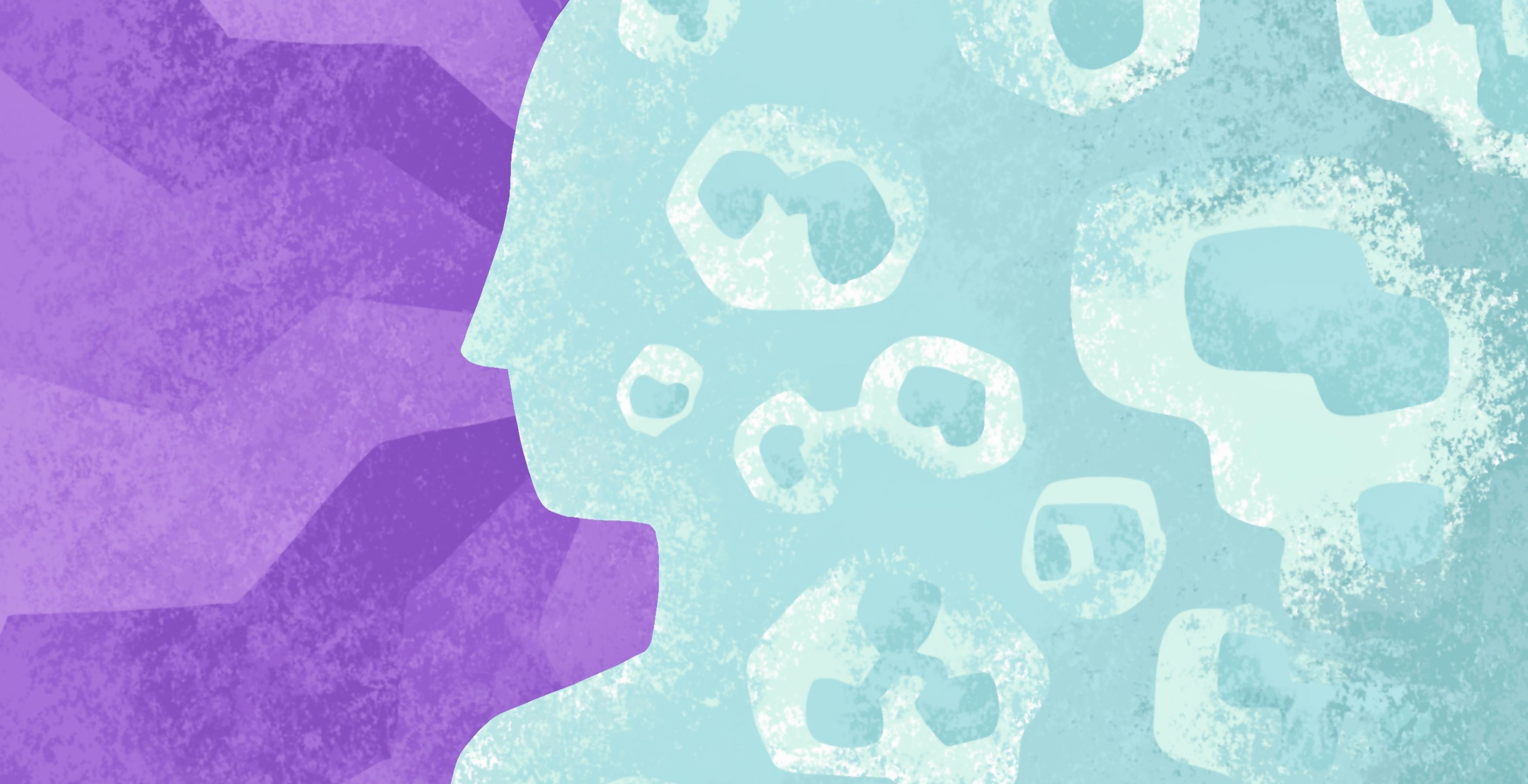The Bi-directional Relationship Between Immunity and Stress
by Lisa Costa Bir
The notion that there exists crosstalk between the central nervous system and the immune system is a concept known as psychoneuroimmunology (PNI) (also referred to psychoendoneuroimmunology (PENI). This communication between the systems, which subsequently helps to explain the bi-directional relationship between immunity and stress, was only recognised allopathically in the 1960’s, however the concept of synergy between body systems is central to many complementary and alternative medicine (CAM) therapies. While recent public health strategies have focused on social distancing and mask wearing to try and minimise infection, a growing body of research highlights the importance of better understanding the way in which psychoneuroimmunity may be used to support immunity while simultaneously offering insight as to why some individuals are more susceptible to infection than others.
Stress is ubiquitous in everyday life, however in recent years, many individuals were exposed to multiple stress factors over a prolonged period[1]. While acute stress enhances peripheral immune function, chronic and intense stress has the ability to inhibit innate and adaptive immune responses, negatively modifying various components of the immune system, increasing an individual’s vulnerability to infection[2].
The immune system communicates with the brain via multiple pathways including the sympathetic-adrenal-medullary (SAM) axis as well as the hypothalamic-pituitary-adrenal (HPA) axis[3]. Sympathetic and parasympathetic nerves communicate to lymphoid tissue through sympathadrenergic fibres which innervate lymphoid immune structures including the bone marrow, thymus, spleen and lymph nodes[4]; fluctuations in adrenaline and noradrenaline in response to stressors, can thus impact the immune response via these structures.
Immune cells also express receptor sites for hormones involved in the stress. When glucocorticoids produced during the stress response bind to immune cells, they release pro-inflammatory cytokines, including interleukin (IL)-1 and IL-6[5]. Chronic release of glucocorticoids such as cortisol has also been shown to reduce the efficacy of the host immune defense by down-regulating various immune mechanisms; this includes a decrease in CD8 T cell activity, which subsequently leads to diminished apoptosis of virus-infected cells[6].
Stress factors such as isolation, financial difficulties, unemployment, work overload, marital problems and care giving burnout have all been shown to impair natural killer cell activity and alter cytokine release from anti-inflammatory to pro-inflammatory[7]. Chronic psychological stress may also increase intestinal permeability and dysbiosis.
Given the interplay between stress and immunity, it is not surprising that psychological stress has been associated with increased reactivation of latent viruses[8][9]. In young women with chronic stress, a one-point increase in perceived stress correlated with a 1.92% increase in Epstein Barr Virus (EBV) antibody titre. Interestingly, one point increase in perceived social support correlated with a 1.00% decrease in the EBV antibody titres[10].
Conversely, while prolonged stress can compromise immunity, the immune system is also able to affect neuronal function influencing mood, cognition and the stress response. Preliminary research suggests immune cells such as neutrophils may be able to make and release their own catecholamines[11] including adrenaline and noradrenaline, influencing the stress response. Viral infections can invade the central nervous system producing systemic inflammation[12]; triggering the release of pro-inflammatory cytokines, including interleukin (IL)-1b and IL-6[13]. This neuro-invasion and subsequent neuro-toxic inflammatory cascade may increase risk of neuropsychiatric complications while also exacerbating pre-existing psychiatric illness.
If prolonged stress can impair immune function, then it makes sense that psychosocial interventions that support stress adaptation may positively modulate neuro-immune responses increasing resilience to viral infections. Adequate sleep is one such tool that can be used to positively prime the neuro-immune system, since sleep deprivation is known to detrimentally effect immunity. Connection with others is also important since perceived loneliness has been shown to compromise HPA axis function and immune cells of chronically lonely individuals demonstrate downregulation of genes associated with antiviral resistance and antibody production[14]. Psychological and behavioural interventions have even been demonstrated to increase vaccine efficacy[15].
Additionally, though higher quality research is required, interventions that promote a parasympathetic dominant state such as comedy, massage, music and relaxation have all been shown to enhance the immune response[16]. Even, a positive emotional style, characterised by feelings of happiness and calm versus a negative emotional style, has been found to improve resistance to viral infection[17].
The implications of understanding the bi-directional relationship between stress and the immune system has important implications for clinical practice. Rather than focusing solely on a reductionist framework that focuses on symptomatic relief, consideration of a whole centred approach that supports neuro-endocrine-immune function will assist with supporting and strengthening overall immunity; this in turn may reduce the severity of infection, and/or prevent illness by remedying the underlying drivers of immune system dysregulation.
References
Bottom of Form


